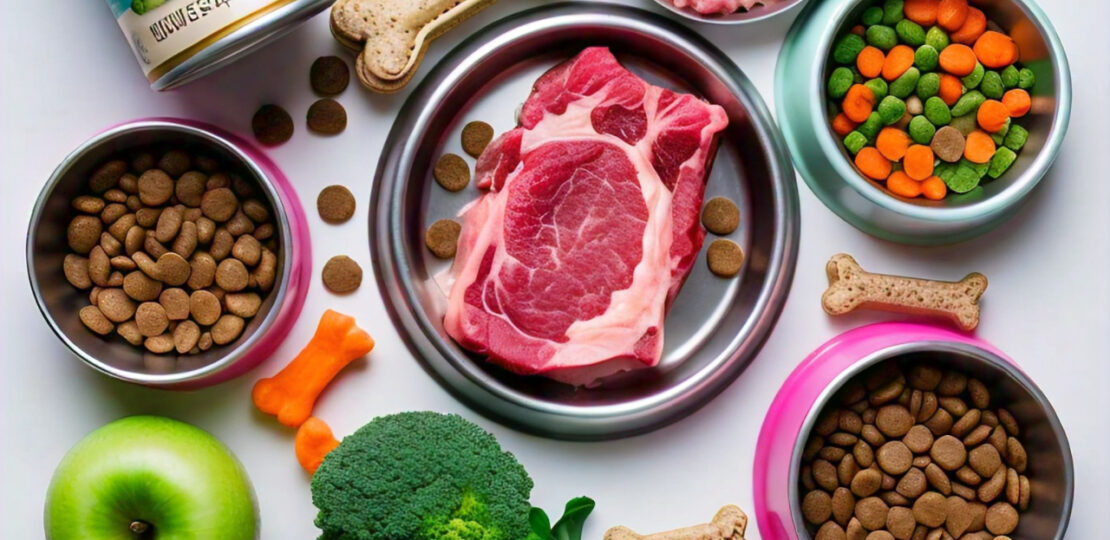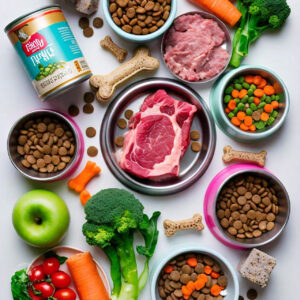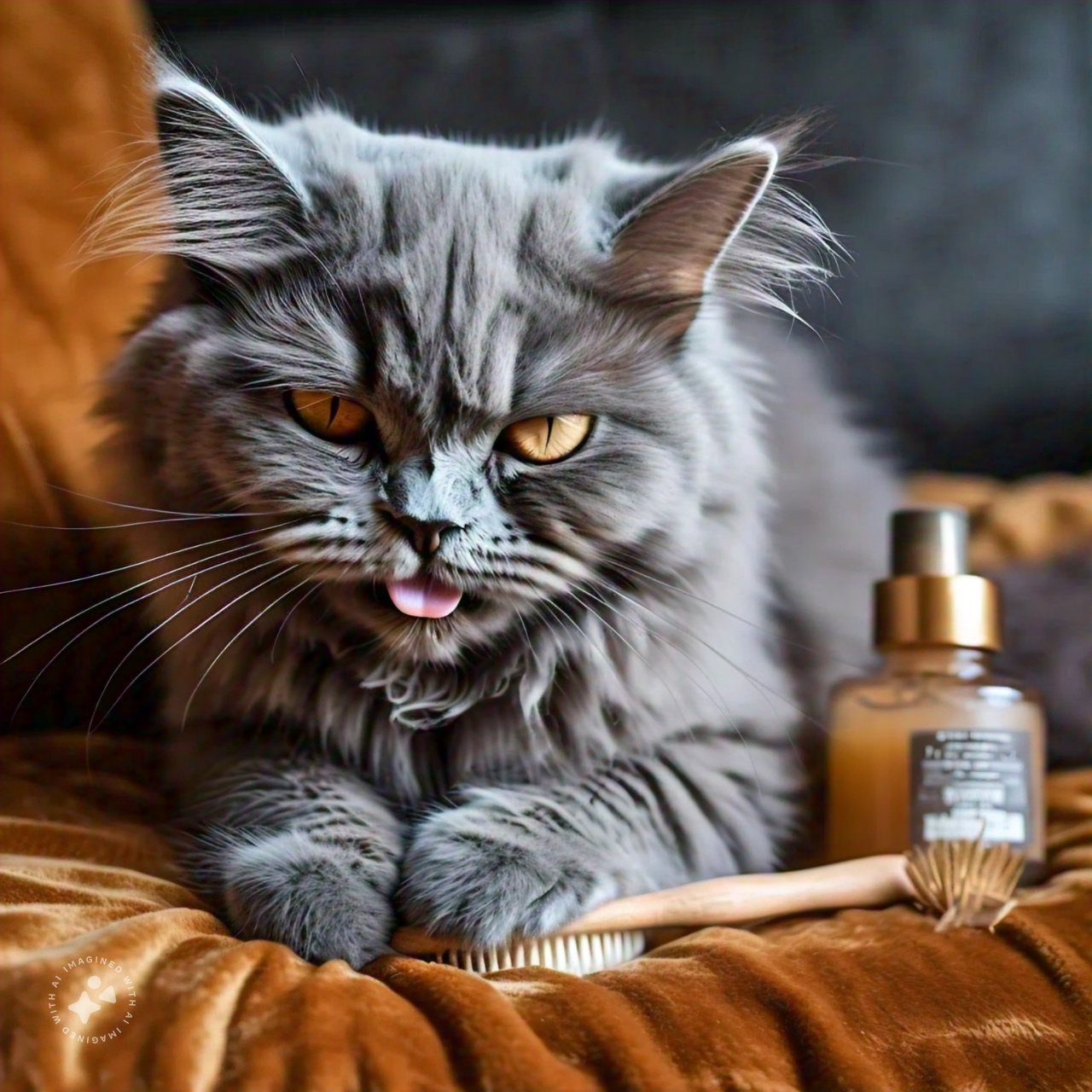Healthy Diet for Pets: Essential Tips for Pet Owners
November 9, 2024 | by author1@petcaretips.us

Ensuring a healthy diet for pets is one of the most important aspects of responsible pet ownership. A well-balanced diet contributes to a pet’s overall health, energy levels, and longevity. This article will guide you through essential tips for providing a nutritious diet that meets your pet’s unique needs.

Why a Healthy Diet for Pets Matters
A healthy diet isn’t just about maintaining an ideal weight. Proper nutrition supports immunity, mental well-being, and reduces the risk of various health issues like obesity, diabetes, and heart disease. With the right food, your pets can live happier and healthier lives.
Understand Your Pet’s Nutritional Needs
Every pet species has distinct dietary requirements. For instance, dogs are omnivores, requiring a balanced intake of proteins, carbohydrates, and fats, while cats, as obligate carnivores, need a diet rich in protein. Always research or consult a vet to understand what nutrients your pet needs for optimal health.
Choose High-Quality Pet Food
Not all pet foods are created equal. Look for brands that use natural, whole ingredients without artificial preservatives, colors, or flavors. High-quality pet foods are formulated to meet the dietary standards set by the Association of American Feed Control Officials (AAFCO). Make sure to read the label and choose food that matches your pet’s age, size, and activity level.
Incorporate Fresh Ingredients into Their Diet
Adding fresh ingredients like lean meats, vegetables, and fruits can supplement your pet’s diet. However, avoid foods that are toxic to pets, such as onions, grapes, and chocolate. Healthy options include:
- Lean meats like chicken and turkey (cooked and unseasoned)
- Vegetables like carrots, green beans, and sweet potatoes
- Fruits like apples and blueberries (without seeds)
Establish Portion Control and Feeding Schedule
Overfeeding is a common issue among pet owners. Too much food can lead to obesity, which in turn increases the risk of heart disease, arthritis, and other health complications. Stick to recommended portion sizes and maintain a regular feeding schedule to keep your pet’s weight in check.
Hydration is Key
In addition to food, water is essential to your pet’s diet. Ensure your pet has constant access to fresh, clean water. Proper hydration helps with digestion, nutrient absorption, and temperature regulation.
Avoid Giving Table Scraps
While it can be tempting to share your food, it’s best to avoid feeding pets human table scraps. Many human foods contain ingredients that are harmful or toxic to animals. Stick to specially formulated pet treats or use fresh, pet-safe foods in moderation.
Regularly Monitor Your Pet’s Health
A healthy diet for pets goes hand-in-hand with routine health monitoring. Regularly check their weight, coat condition, energy levels, and bathroom habits. Schedule veterinary visits at least once a year to ensure they’re thriving on their current diet.
Conclusion: Prioritize a Healthy Diet for Pets
Maintaining a healthy diet for pets is a key responsibility for pet owners. By understanding your pet’s unique needs, choosing high-quality food, incorporating fresh ingredients, and practicing portion control, you can ensure your pet enjoys a long, healthy life. Always consult with a veterinarian if you have concerns about your pet’s diet or nutritional needs.
RELATED POSTS
View all


